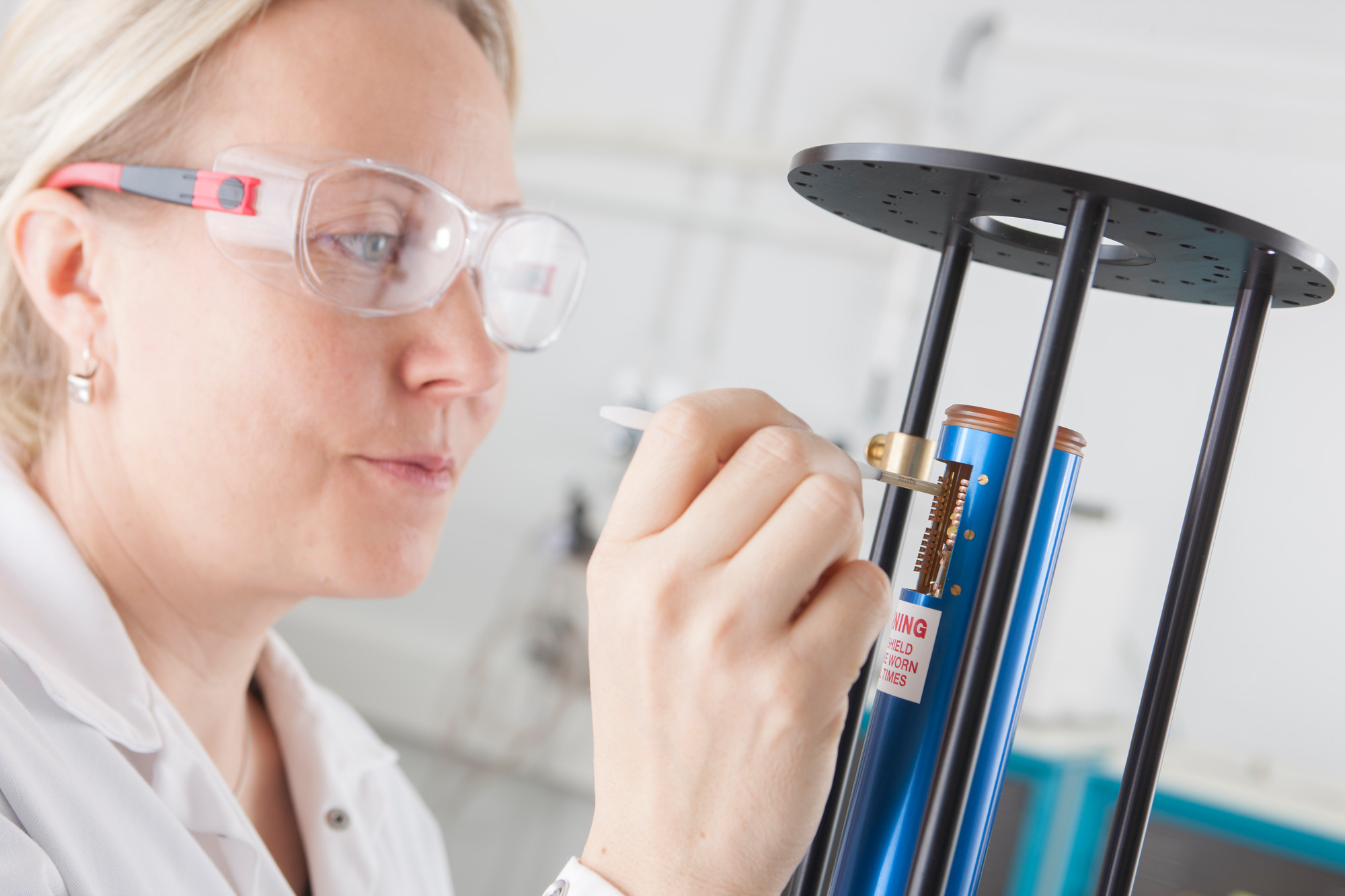
ValCel project is a collaborative act towards new high-value cellulosic materials replacing plastic materials
ProjectsCellulose is one of the most abundant renewable and recyclable raw material used today in numerous applications for packaging and process industries. However, cellulose has still huge potential to be a raw material for more value-added and long life-time products, such as valuable textile materials or chemically modified cellulose products, which can replace, for example, plastic-based packaging materials, and polyester and cotton textile fibres.
The ValCel - Value for Cellulosics project, coordinated by VTT Technical Research Centre of Finland in cooperation with the Universities of Helsinki and Oulu, aims to develop new sustainable and more efficient methods for the production of cellulose chemicals and materials. Carbon neutrality targets in EU and Finland involves a conversion from an economy that is based largely on fossil raw materials to a more resource-efficient economy that extensively utilizes renewable and recycled resources.
“The priorities of the ValCel project are to expand the knowledge of cellulose dissolution and chemical modification processes using ionic liquids, and to explore completely new methods for the production of functionalized cellulose products using deep eutectic solvents (DESs). These technologies offer Finnish companies future business opportunities through better production processes and new products,” says Mika Härkönen, Professor of Practice at VTT.
The results after the first project year have shown large potential of using ionic liquids and DESs in dissolution and chemical modification processes of cellulose paving the way to use of paper pulp in applications that typically use dissolving pulp.
“Studies have revealed new information on the dissolution mechanisms of pulp fibres in ionic liquids, and the research on chemical modification show that e.g. cellulose esterification and carbamation reactions take readily place in ionic liquid solutions. The combination of DES and high consistency mechanical processing has yielded in-depth understanding of the processing parameters and interactions of cellulose in DES solvent systems,” Härkönen explains.
Process modelling work has been initiated with the aim to describe the chemistry, thermodynamics and techno-economic feasibility of selected process concepts for the manufacture of cellulosic textile fibers using ionic liquids.
The two-year project is funded by Business Finland, and the partners are as follows:
The key industrial partners are Kemira, Metsä Fibre and Metsä Spring. The other industrial partners in the project are Liuotin Group, Top Analytica, Pixact and BrightPlus. The project is part of the ExpandFibre Programmes by Fortum and Metsä Group.
This article is based on a press release published on VTT website.
More information: ValCel project website